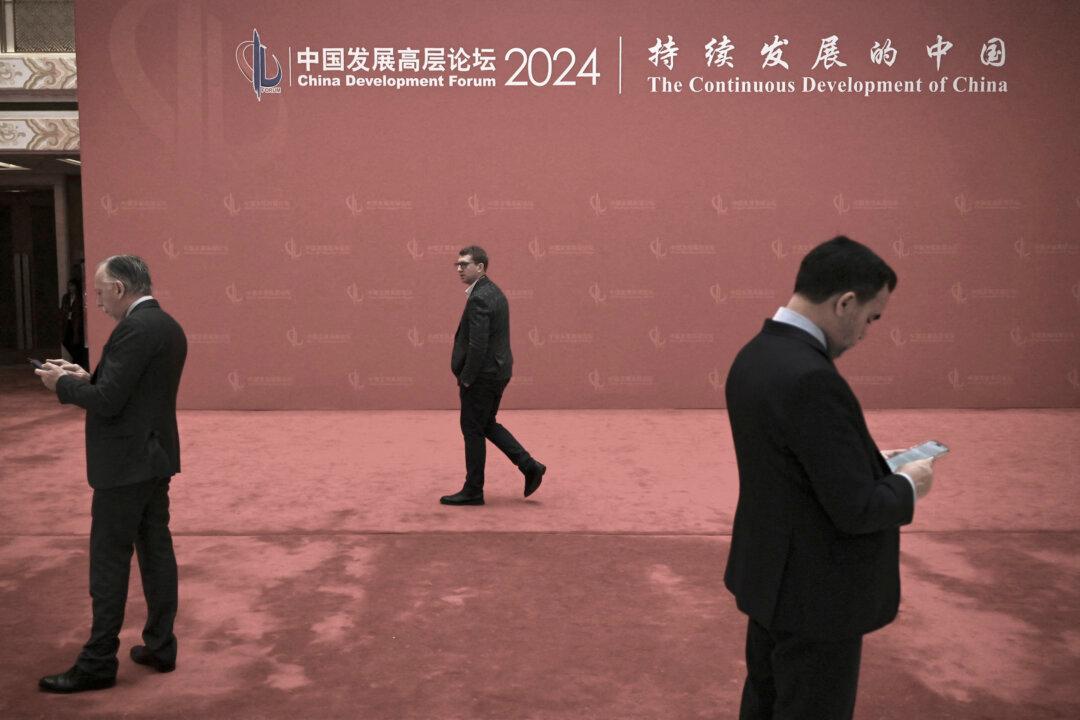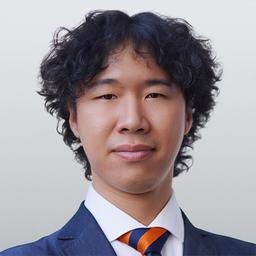Recently, Chinese leader Xi Jinping assumed the role of a “salesman” when he met with American business and academic representatives, attempting to portray China as a place with investment potential amid the current economic downturn in China.
On March 27, Xi Jinping met with various American CEOs and academics at the China Development Forum at the Great Hall of the People in Beijing. Among them were Steve Schwarzman, co-founder and CEO of the global private equity firm Blackstone, Raj Subramaniam, CEO of FedEx, and Cristiano Amon and Hock Tan, CEOs of the two major chip manufacturers Qualcomm and Broadcom, respectively.






